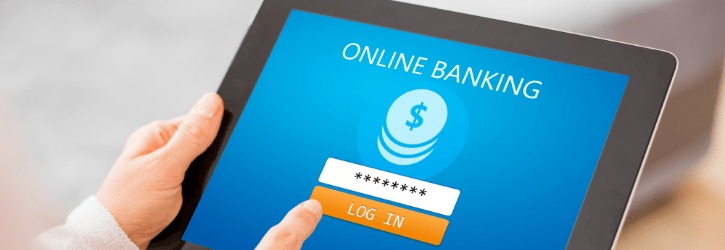Welcome To The Data Leak Lawyers Blog
We focus on the latest news surrounding data breaches, leaks and hacks plus daily internet security articles.
We focus on the latest news surrounding data breaches, leaks and hacks plus daily internet security articles.

We have helped and advised people in the past who were scammed out of thousands of pounds because they were called by fraudsters who were able to convince the victims they were calling from TalkTalk themselves.
The criminals likely gained their information from the TalkTalk cyber-hack and had enough details to be able to trick victims in to thinking they were the real deal, with names, addresses, numbers and even account info.
The fraudsters are still at it; with plenty of targets to choose from thanks to the huge TalkTalk data protection breach.
read more

You would’ve thought that Google would have their cyber-security under wraps, but it seems that following Yahoo’s cyber-attack back in 2014, no company is safe.
In this case, a phishing email was sent out to nearly 1 million Gmail users, and the email itself claimed to come from trustworthy contacts using Google Docs – a document sharing and editing service. The email notified users that a document had been shared with them and invited them to open it, and upon clicking on the “Open in Docs” button that was displayed, users were asked to give “Google Docs” permission to access their emails and manage their contacts.
read more

Several whistle-blowers have come forward to disclose details of an alleged intricate scamming operation set up in India to target TalkTalk customers.
The unnamed whistle-blowers told a BBC reporter that they were employed by a gang of professional fraudsters to trick TalkTalk customers into revealing personal information and provide access to their bank accounts.
read more

Following ‘Australia’s largest data breach‘ where 550,000 Red Cross blood donors’ information was reportedly hacked, victims have found themselves to be at a potential risk of further hacking as criminals are reportedly attempting to steal patients’ details through a recent phishing scam.
These sorts of follow-up attacks are not uncommon – when people are at their most vulnerable after a cyber attack, it can be common for other hackers or criminals to jump on the situation to try and use the hack for further gains.
read more

Phishing emails – every single day millions of them are received as scammers and cyber criminals try their damndest to hack our computers and take our money…
The trend right now is ransomware which is malicious software (malware) that can end up locking you out of your own computer until you pay a fee. Or, as is the case in a topic we’re blogging about today, you’re told that you OWE money to a company and have to pay them or face legal action.
Most phishing emails are so obvious that it’s hard to fall for them nowadays, but a few slip through that are quite convincing – like the ones where they show your OWN postal address in the text of the email.
read more

Sometimes the hackers only need very limited information to be able to scam you out of thousands and thousands of pounds. You sometimes see when companies get hacked or leak information that one of the immediate defences they raise is to assure people that financial information hasn’t been released.
But sometimes just a name, telephone number, and account number is all they actually need…
read more
Fill out our quick call back form below and we'll contact you when you're ready to talk to us.